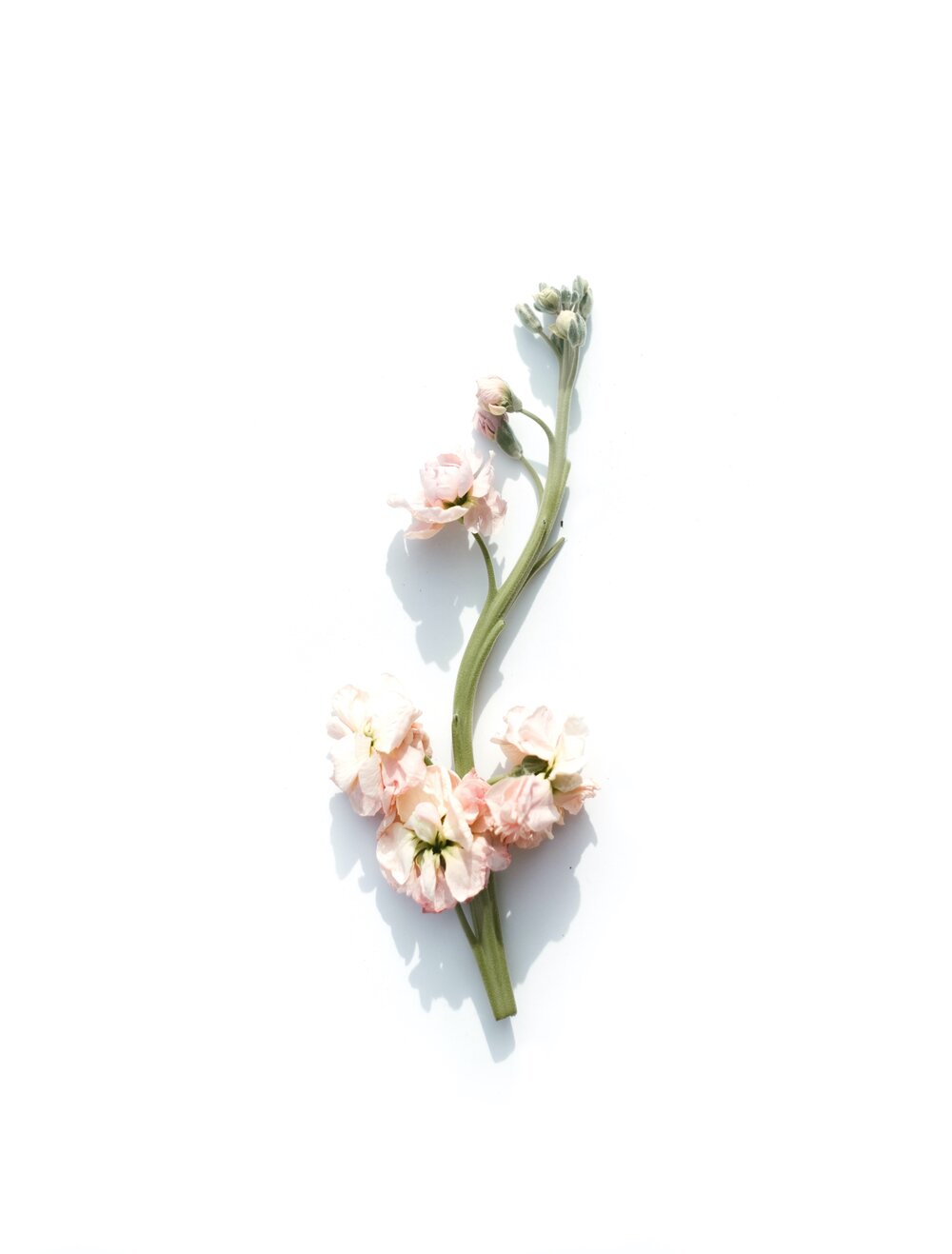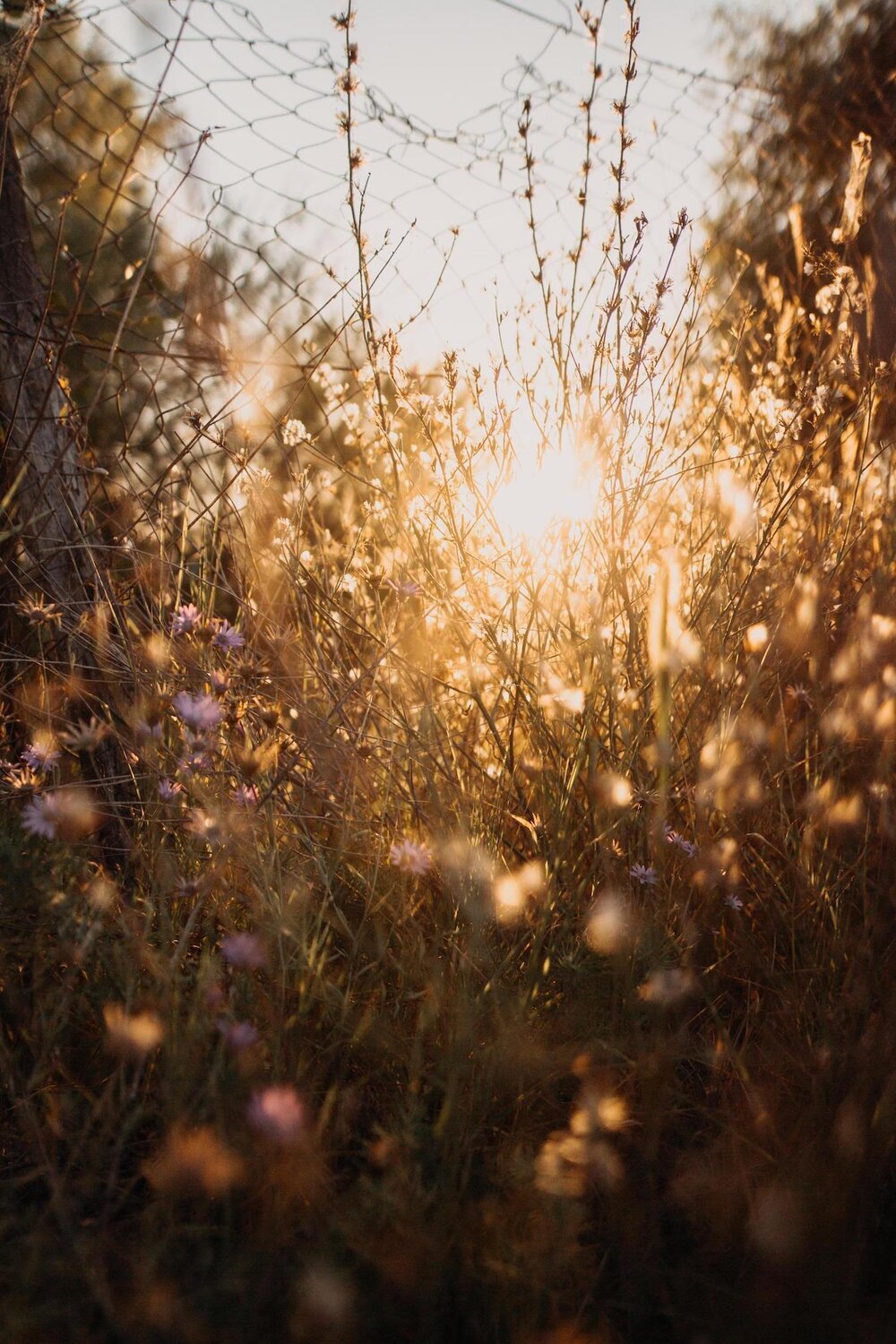Considering this is the time of year we planned to be in Haiti, I’ve been reflecting a lot recently on our last two visits…and since this would have been the first story you would’ve received upon our return, I’m sharing those reflections with you! (Based on the number of times this topic comes up, I think it’s really important too - I hope this helps you!)

Upon returning last year I was asked, “How do you deal with the emotions of seeing poverty firsthand and then coming back to the comfortable life we have here in America?”
Essentially, this question is getting at the topic of GUILT, and it’s actually something that comes up quite frequently in my discussions with others. On the surface, it seems reasonable and quite easy to feel guilty for living a life different than those of many others around the world. It’s something I’ve wrestled with myself for years, however, I’ve learned there’s freedom in going deeper with that feeling - going past guilt and on into a deeper understanding of poverty.
Here are a few of the things I’ve learned that help me gain a deeper understanding, and ultimately, help me wrestle with that question:

1) It’s helpful to remember poverty is relative.
What looks like poverty to me, might not look like poverty to you. Culture, the way we grow up, and norms all play a part in defining our way of life in material terms. Therefore, what we see and how we see it is likely different than that of others. In fact, this idea of relativity is something we see all the time! One man’s trash is another’s treasure found at a garage sale, right? Of course, a certain level of poverty is unacceptable for anyone, but it’s helpful to remember this relativity when guilt creeps in quicker than we can blink an eye! (not to mention, overwhelming guilt can lead to casting undue pity on another that’s harmful to them as a person of worth)
2) While not all of us may experience material poverty, we all have poverty at some level.
Poverty can take many forms, whether it be relationally, emotionally, or spiritually. In the context of Haiti, their culture is collectivistic and they thrive in building community with each other. They care for each other in a way we don’t in the U.S. It could be argued that their relational currency is high, while ours in the U.S. is low. In fact, we find that our individualism can even foster the opposite, self-centeredness and loneliness.
3) Domestic poverty is different than international poverty (most of the time).
In this same light, I’ve come to understand a new way in which U.S. domestic poverty is different than international poverty. Yes, we may have soup kitchens, shelters, and ways for people to access clean water in the U.S. that simply aren’t always readily available in other countries. But what about the person you meet walking along the street who notices your eyes dart away from them upon meeting? Don’t worry, sometimes I do it too, because I don’t always know how to interact…but what about the dignity and worth that’s taken away by living in a material world, yet not having access to what they see around them? Talk about poverty…emotionally, relationally, and maybe spiritually. In Haiti, they live amongst their family and friends who experience similar material poverty as their own. In each other, they find joy and acceptance.
4) Ultimately I cling to the wisdom I received at a 410 Bridge event a couple of years ago:
Any guilt that creeps in is not of God - it’s of evil. We shouldn’t feel guilty for the lives we’ve been given, but we should feel conviction…Conviction to take action. However, it’s important to point out that taking action is the kicker here. Without it, yes, _perhaps _we should feel guilty. Guilt is an outcropping of sin and I believe our God gave us a conscience to detect sin in our hearts to help us follow Him. If we feel guilt creep in and we don’t take action on that which grieves our heart and that of our Lord’s, are we really following Him?

In summary, it helps to remember that poverty is relative. It’s important we take time to step back and understand the poverty we see in front of us before we allow a big wave of guilt to creep-in. And if/when it does, quickly turning that guilt into conviction - the kind of conviction that fires us into meaningful action - is the best thing we can do for ourselves, God, and the people our actions help! For me, I’m careful to analyze whether any guilt I feel is because of a lack of action and if so, I then get busy doing all I can to transform that guilt into conviction and meaningful action! It’s not easy, but I rest in faith knowing God gave me this life and this specific purpose for a reason, and it’s my job to make good use of it for the cause of others!
Does this resonate with you?
How have you dealt with this type of guilt in the past?
with grace over guilt,

Be the first to comment